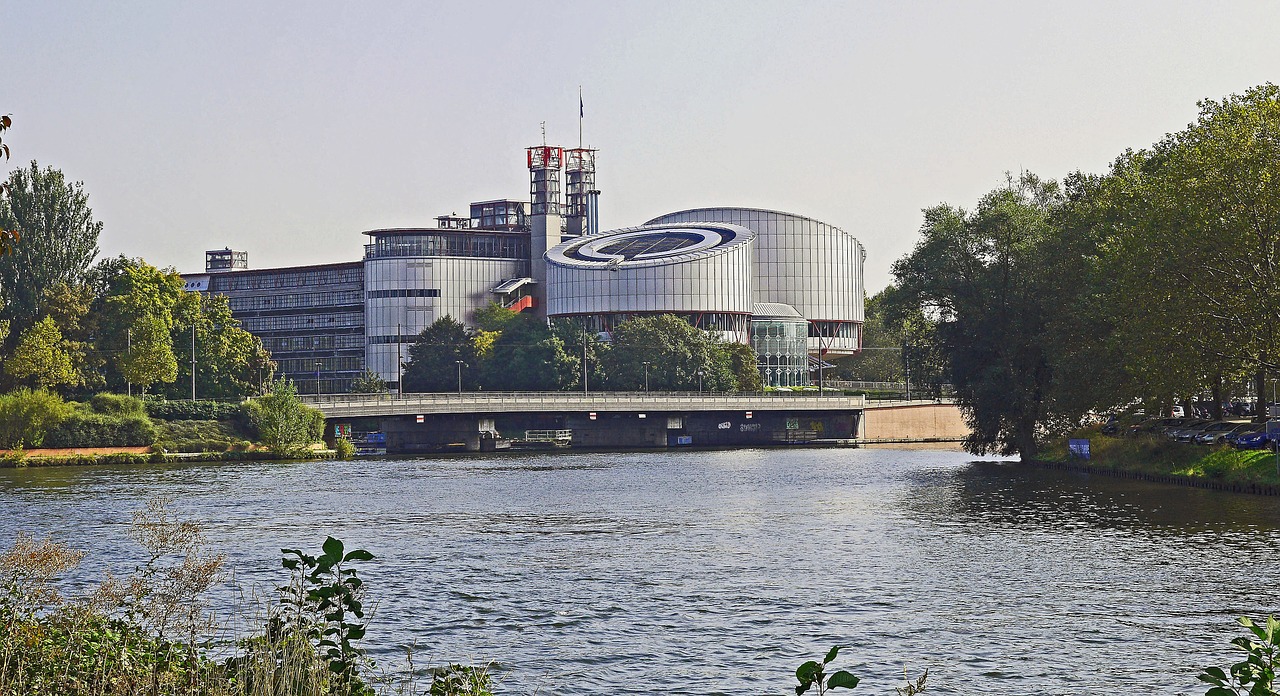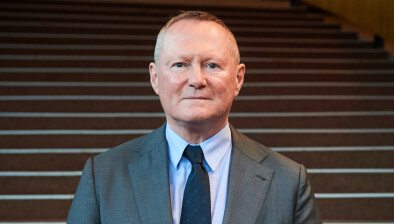Russia breached human rights law by failing to acknowledge same-sex couples

Russia failed to justify the lack of any opportunity for same-sex couples to have their relationship formally acknowledged, the European Court of Human Rights (ECtHR) has found.
The court unanimously held that there had been a violation of Article 8 – right to respect for private and family life – of the European Convention on Human Rights.
The case of Fedotova and Others v. Russia (applications nos. 40792/10, 30538/14 and 43439/14) concerned the refusal to register the notice of marriage of the applicants, who are same-sex couples.
The applicants were three same-sex couples who are Russian Nationals living in various parts of the Russian Federation, Luxembourg and Germany. On various dates, the applicants had given notice of their intention to marry at their local registry offices in Russia. Their applications were rejected and the applicants challenged those decisions in the courts.
In each of the couples’ cases, at first instance and at appeal, the courts decided that there was no provision in Russian law or conferred by international law for a right to same-sex marriage.
Relying on Articles 8 and 14 – prohibition of discrimination – the applicants complained, in particular, that they had been discriminated against on the grounds of their sexual orientation because they had no means of securing a legal basis for their relationship as it was impossible for them to enter into marriage or any other formal union.
The court found that Russia had an obligation to ensure respect for the applicants’ private and family life by providing a legal framework allowing them to have their relationships acknowledged and protected under domestic law. The court reaffirmed that same-sex couples are just as capable as different-sex couples of entering into committed relationships, with a need for formal acknowledgment and protection of their relationship.
The court reiterated that Article 8 did not explicitly impose on states an obligation to formally acknowledge same-sex unions. However, it implied a need to strike a fair balance between the competing interests of same-sex couples and the community as a whole. There was also a positive obligation to set up a legal framework guaranteeing the effective enjoyment of the rights enshrined in Article 8.
The lack of any opportunity for same-sex couples to have their relationships formally acknowledged created a conflict between the social reality of the applicants and the law.
The court dismissed the government’s argument that the interests of the community as a whole could justify the lack of opportunity for same-sex couples to formalise their relationships. In particular, regarding the argument that a majority of Russians disapprove of same-sex unions, the court stated that access to rights for a minority could not be dependent on the acceptance of the majority.
The court said that giving the applicants access to formal acknowledgment of their couples’ status in a form other than marriage would not be in conflict with the “traditional understanding of marriage” prevailing in Russia, or with the views of the majority to which the government referred, as those views opposed only same-sex marriages, were not against other forms of legal acknowledgment.
The court stated that the choice of the most appropriate form of registration of same-sex unions remained at the discretion of the respondent State.
It concluded that, in denying access to formal acknowledgment of their status for same-sex couples, the Russian authorities had gone beyond the discretion (margin of appreciation) enjoyed by them.






